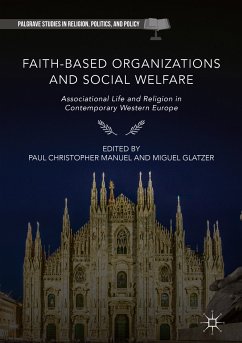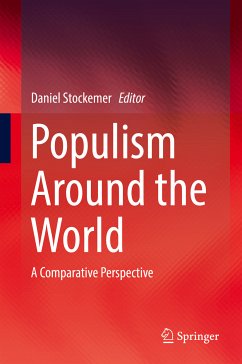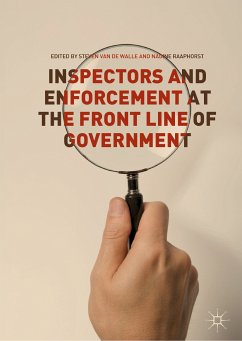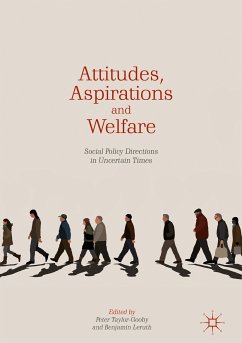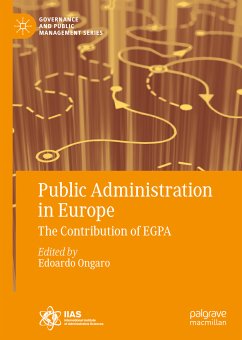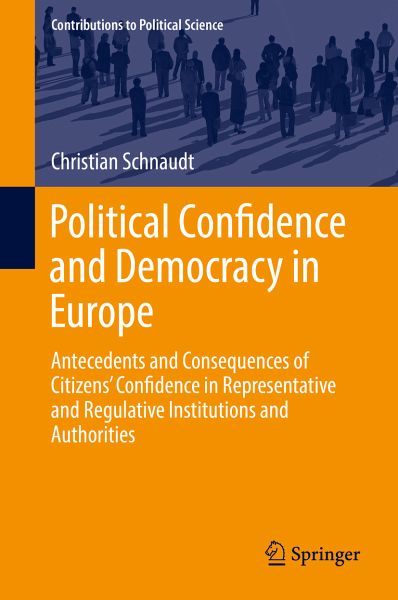
Political Confidence and Democracy in Europe (eBook, PDF)
Antecedents and Consequences of Citizens' Confidence in Representative and Regulative Institutions and Authorities
Versandkostenfrei!
Sofort per Download lieferbar
88,95 €
inkl. MwSt.
Weitere Ausgaben:

PAYBACK Punkte
44 °P sammeln!
This book examines the antecedents and consequences of citizens' confidence in different political institutions and authorities. Its main argument states that a distinction between confidence in representative and regulative institutions and authorities is of crucial importance in order to gain novel insights into the relevance of political confidence for the viability of democratic systems. Relying on individual-level data from the European Social Survey (ESS), the author provides empirical evidence that citizens from a total of twenty-one European countries make a distinction between confide...
This book examines the antecedents and consequences of citizens' confidence in different political institutions and authorities. Its main argument states that a distinction between confidence in representative and regulative institutions and authorities is of crucial importance in order to gain novel insights into the relevance of political confidence for the viability of democratic systems. Relying on individual-level data from the European Social Survey (ESS), the author provides empirical evidence that citizens from a total of twenty-one European countries make a distinction between confidence in representative institutions and authorities and confidence in regulative institutions and authorities. Furthermore, the author shows that both types of political confidence emanate from different sources and are associated with varying consequences. Overall, these findings indicate that confidence in representative and confidence in regulative institutions and authorities establish two qualitatively different types of political confidence, each with distinct implications for the functioning and well-being of modern democracies.
Dieser Download kann aus rechtlichen Gründen nur mit Rechnungsadresse in A, B, BG, CY, CZ, D, DK, EW, E, FIN, F, GR, HR, H, IRL, I, LT, L, LR, M, NL, PL, P, R, S, SLO, SK ausgeliefert werden.



